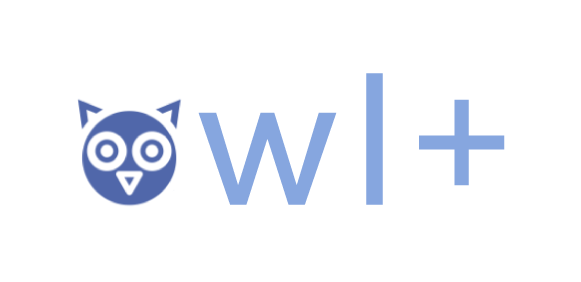9 Music
Music in the Frisian language goes way beyond traditional folk songs but ranges across pop, rock, and rap. The modern music scene shows the versatility of the language and the popularity it enjoys among listeners in Fryslân and the whole Netherlands.
SjONG
Sjong is an initiative by different Frisian organisations and the coordinating organisation is Cedin, among others it is under the patronage of Taalplan Frysk.
SjONG is a biennial Frisian song festival for young people aged 12 to 18. Participants write Frisian lyrics to an existing pop song, follow workshops by professional musicians / songwriters and audition. This can be in any configuration, for example as a band, duo, or solo. They accompany themselves or sing along to a karaoke band. The best contestants from the preliminary rounds advance to the grand finale.
SjONG takes place every odd-numbered year. 2023 was already the tenth edition of this event!
Find below the audition video of the 2023 winner Dani Jellesma with the song “Wa ek mar” (original “Anyone” by Demi Lovato).
There is also a SjONG edition for pupils under the age of 12. SjONG junor is designed for pupils of the last three years of primary school.
Pupils at school who want to join the festival first follow an online music class given by Dutch musician Raynaud. They will get tips on choral singing, and together the group will sing a Frisian or multilingual song as beautifully as possible. If the group wants to enter the competition, they send in their final result to get a chance of entering the finals. The schools that made it to the final will write their own (school) song with the entire class under the guidance of Raynaud and other musicians.
SjONG junior takes place every even-numbered year.
Musicians

Modern music in Frisian began emerging in the 1970s and experienced a boom in the early 1990s. Piter Wilkens and his Frisian-language punk-rock band Okke Hel (1979-84) played a central role in this movement. Throughout the years, numerous bands and individual singers from Fryslân started using Frisian for (part of) their songs, some of them accomplishing high levels of success. Nowadays, artists like Twarres, De Kast or Nynke Laverman are now known on a national level.
The Frisian-language music festivals Aaipop and Liet are held on an annual basis and attract musicians and listeners alike. Aaipop was first organised in 1987 and counted Piter Wilkens and Okke Hel among its participants. In 1999, the recently formed band Twarres won the audience award at Liet festival with their song Wêr bisto (Where are you), which was then recorded and published in 2000 and made it to the very top of the Dutch Mega Top 100 (Radio 3FM). The song became the first Frisian track to ever make it this high in the charts and was also successful in Suriname, Flanders and even in French-speaking Wallonia.
Besides pop and rock, Frisian is also emerging in the world of hip-hop and rap. In the early 2000s, rapper MC Remon was the first to actively use Frisian for rap music. He has paved the way for others to continue the legacy of Frisian hip-hop. Pieter Zijlstra from South-West Frisia, also known under his stage name Sample Text, is part of the second generation of Frisian rappers. At Liet Festival 2020, he won the prize for the best text in the Frisian language with his song Ûnderfining (Experience). Pieter, a student of International Relations, is working to establish Frisian in the rap scene, where there still is a certain cultural gap. After publishing his EP Memmetaal (Mother Tongue) in 2020, he released his first album in 2022.

Sample Text’s song Ûnderfining is about the influence that Dutch has on Frisian nowadays, like how original Frisian words are replaced by Dutch words. He talks about common “Dutchisms” that Frisian speakers tend to use, such as saying “skaatse” (ice-skating, from Dutch “schaatsen”) instead of “reedride” or using the Dutch verb order “litte sjen” instead of “sjen litte”, based on Dutch “laten zien”, which means “to show”. All in all, the song is a reflection on language change and language proficiency and about how we all make language mistakes sometimes.
Takeaways
In chapters Theatre and Music we had a peek at Frisian outside of formal education and looked at events and initiatives in daily life, that are important for the maintenance of Frisian. Of course this was just a glimpse but hopefully you got an impression of Frisian as a language in daily life.
- Which similarities and differences did you discover between Frisian and your language?
- Do you have similar music festivals in your region that are dedicated to the language?
- Are theatre plays also part of your culture and play an important role in language use and maintenance?
- What (traditional) events take place in your region that are meaningful for your language?
References
